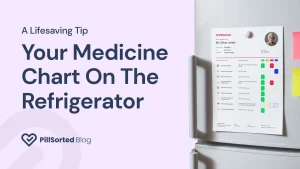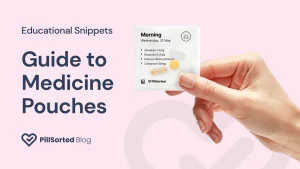How Much Sleep You Need for Your Heart

In the hustle and bustle of modern life, sleep often takes a back seat to other priorities—your kids or grandkids, work, aches and pains, or, dare we say it, Netflix! Whatever it is that keeps you wide-eyed at night, scientific studies overwhelmingly confirm that the lack of sleep comes at great expense to your own mental and physical well-being, especially when it comes to heart health. So how much sleep do you need for your heart?
In this article, we’ll answer that question and dive into the importance of sleep as a critical, and often underestimated factor in cardiovascular health. We will give you tips on how to make sure you are getting enough sleep to help protect this most vital organ.
In this post:
- How sleep affects your heart health
- Sleep Duration
- Sleep Quality & Efficiency
- How to ensure you get enough sleep
- Pharmacy medicines for better sleep
- Sleep Dos & Don’ts
How sleep affects heart health
During sleep, our bodies undergo a process of repair and restoration that includes the cardiovascular system. Adequate and quality sleep is essential for maintaining healthy blood pressure levels, regulating heart rate and reducing inflammation—all of which are crucial for heart function. Chronic sleep deprivation can disrupt these processes leading to inflammation and adverse cardiovascular outcomes over time. Studies show, people who consistently get less than 6 hours of sleep per night face a higher risk of heart disease and heart failure.
With that in mind, let’s take a closer look at sleep duration and quality and how they affect heart health:
Sleep Duration
Both short sleep duration (less than 6 hours per night) and long sleep duration (more than 9 hours per night) have been associated with an increased risk of cardiovascular problems, including hypertension, coronary artery disease, and stroke. Striking the right balance by aiming for 7-9 hours of quality sleep per night appears to be optimal for heart health.
Sleep Quality & Efficiency
It’s not just the number of hours we spend in bed that matters; the quality of our sleep is equally important. Disrupted sleep patterns, characterized by frequent awakenings or poor sleep efficiency have been linked to a higher risk of heart disease (CVD).
Conditions such as sleep apnea, in which breathing repeatedly stops and starts during sleep, can also take a toll on cardiovascular health by causing fluctuations in blood oxygen levels and increasing the workload on the heart. Insomnia can also disrupt the normal sleep patterns, including the various stages of sleep (such as deep sleep and REM sleep), which are essential for physical and mental rejuvenation.
How to ensure you get enough sleep
Prioritize Sleep Hygiene
Stick to a regular bedtime and ensuring 7-9 hours of sleep in and create a relaxing bedtime routine to signal to your body that it’s time to wind down. Limit exposure to screens and bright lights before bed, that can cause your brain to think there its still daytime. Create a comfortable sleep environment (comfortable mattress and pillow, dark and quiet room) that promotes restful sleep.
Only Sleep in the Bedroom
Create an association between sleep and your bedroom. Don’t use your bedroom for other activities during the day (if you can). This means keeping computers, TVs, and work materials out of the bedroom and only go to your bedroom when you really feel drowsy. If you are tired, but not drowsy, continue with your activities outside the bedroom until drowsiness kicks in.
Address Sleep Disorders
If you suspect you may have a sleep disorder like sleep apnea or insomnia, don’t hesitate to seek help from a healthcare professional. Treating underlying sleep issues can improve sleep quality and reduce the risk of cardiovascular complications.
Manage Stress & Maintain a Healthy Lifestyle
In addition to prioritizing sleep, focus on other lifestyle factors that support heart health, such as eating a balanced diet, staying physically active, managing stress, and avoiding smoking and excessive alcohol consumption.
Avoid Caffeinated Drinks
Caffeine generally gives you a boost after about 15 minutes. But did you know half of the caffeine in that morning cup of coffee is still in your body up to 5 hours later! In fact, it won’t be cleared from your bloodstream until after 10 hours. If have trouble sleeping, but aren’t ready to cut coffee out of your daily routine, make sure to limit your coffee consumption to the morning or, at the latest, early afternoon. Or try switching to decaffeinated, but be aware that even decaffeinated isn’t 100% free of caffeine.
Listen to Your Body
Pay attention to how you feel during the day. If you frequently experience fatigue, daytime sleepiness, or other signs of poor sleep, make adjustments to your sleep habits accordingly.
Take a Nap
Further studies are needed, but it appears that people who take occasional naps throughout the week, of around 30 minutes have a reduced rate of death from heart attacks or other heart-related ills than their non-napping peers.
Be realistic
Everybody has nights when they don’t sleep as well as they would like. Occasional difficulty sleeping is normal and may be triggered by temporary factors like stress, changes in routine, or illness. Stick to your routine and better nights are ahead. However, if sleep disturbances become chronic or starts to significantly impact your mental or physical wellbeing, make sure to seek guidance from healthcare professionals.
Pharmacy medicines
For most people suffering from lack of sleep we recommend sleep medicines only as a last resort. Talk with your GP or pharmacist to make sure you take the correct dosage. If it’s a cold or cough, or pain, that is keeping you awake, medicines to relive those symptoms may help you get some sleep.

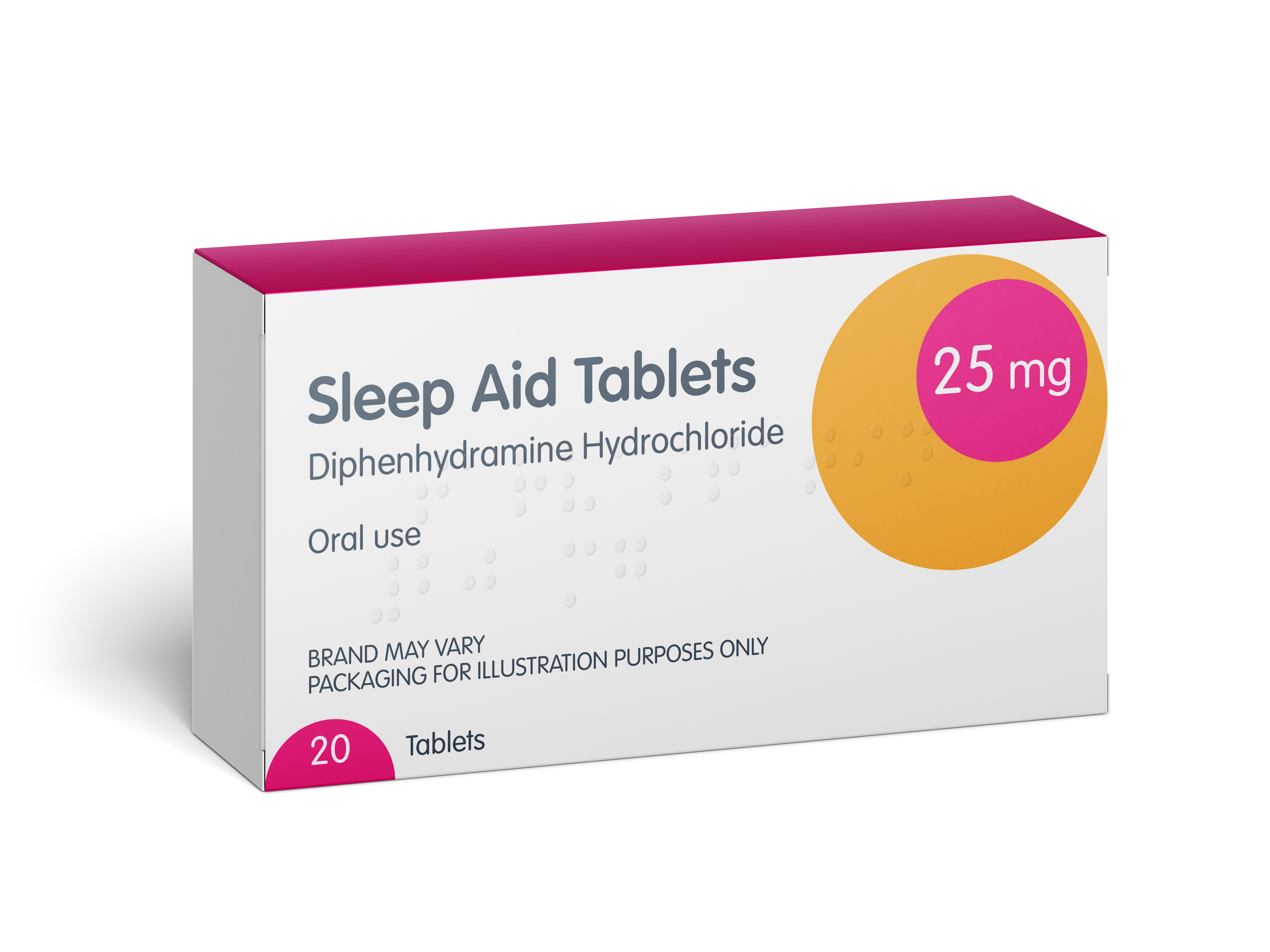
Sleep Aid 25mg – 20 Tablets
Sleep Aid tablets are a medication specifically formulated to help relieve temporary sleeplessness and promote a restful night’s sleep.
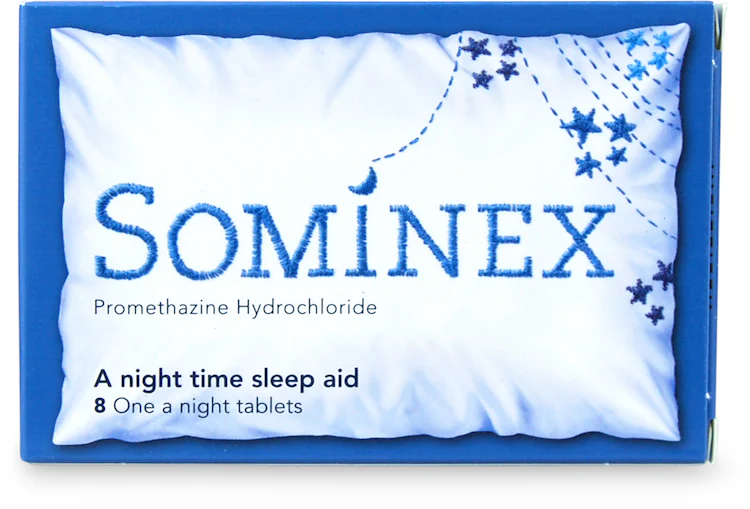
Sominex 20mg – 8 Tablets
Sominex tablets are a sleep aid designed to alleviate temporary sleep difficulties.
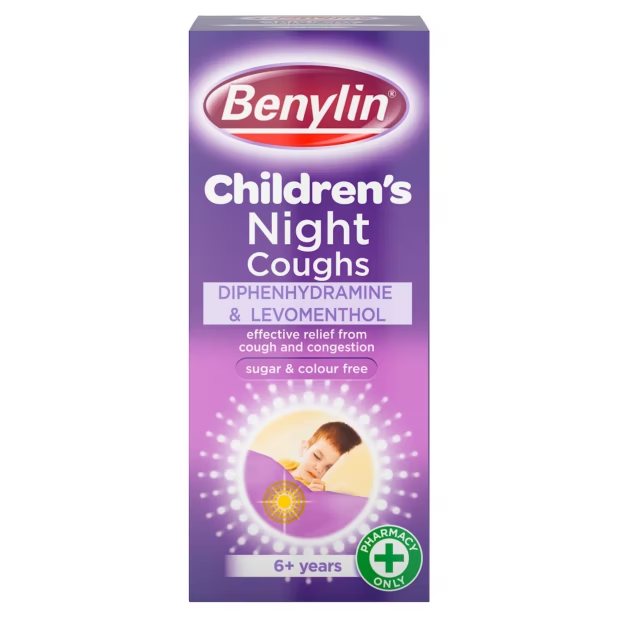
Benylin Children’s Night Coughs – 125ml
Benylin Children’s Night Coughs is a medication formulated to provide relief from night time coughs that disrupt sleep in children 6 years and above.
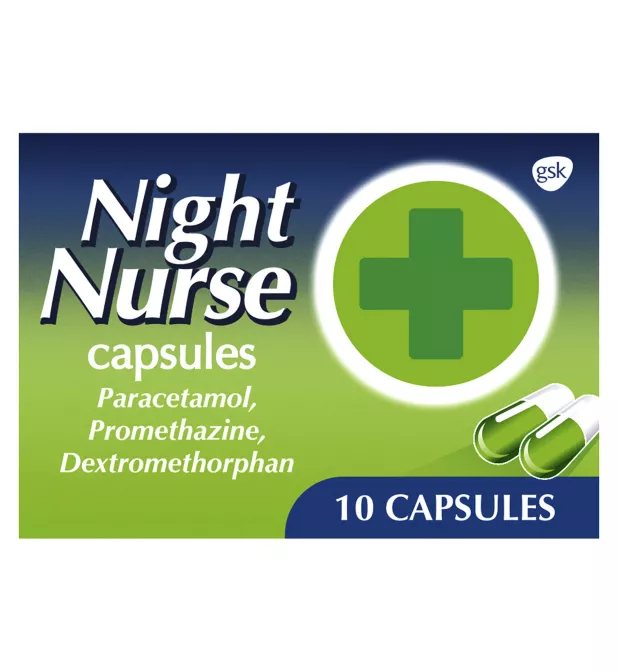
Night Nurse Capsules – 10 Pack
Night Nurse Liquid is a cold and flu relief medication specifically designed for night time use. It helps give you a restful sleep, by relieving your tickly cough, runny nose, sore throat pain or headache.
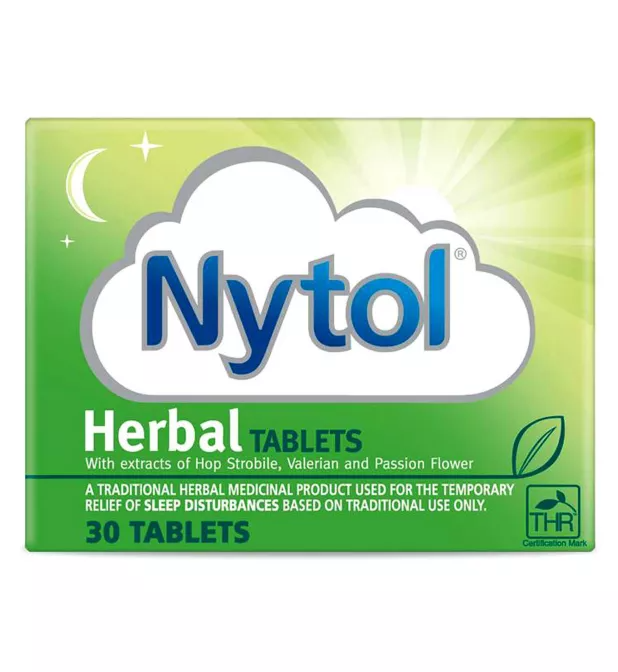
Nytol Herbal – 30 Tablets
Nytol Herbal Tablets are a natural sleep aid to help improve sleep.
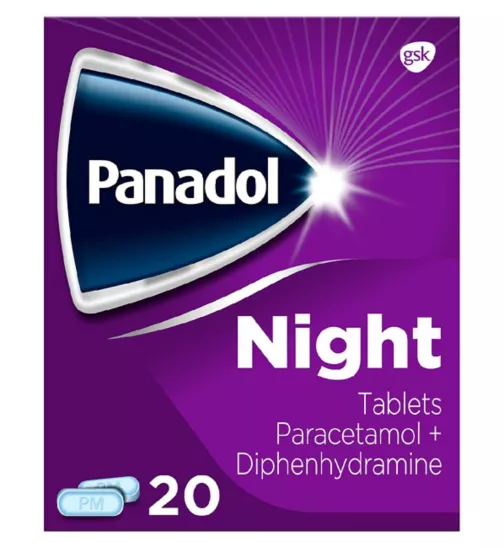
Panadol Night Pain – 20 Tablets
Panadol Night Pain tablets offer a solution for those whose aches and pains are keeping them up at night. They are designed to help ease symptoms of pain and also make you feel sleepy, so you can drift off into a peaceful, restful sleep without being disturbed by pain.
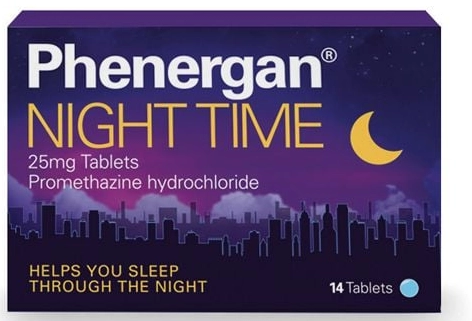
Phenergan Night Time 25mg – 14 Tablets
A treatment for sleep disturbances and insomnia to have a restful night’s sleep.
Sleep Dos & Don’ts
| Do | Don’t |
|---|---|
| Get 7 -9 hours of sleep every night | Don’t oversleep (more than 9 hours) or under sleep (less than 7 hours). |
| Wait until you are fully drowsy to go to bed. | Don’t bring stimulating TVs, laptops or phones into the bedroom. |
| Get professional help if you are chronically not getting sleep at night. | Don’t panic. Everybody has a bad night’s sleep once in a while. |
| Go to bed and wake up at the same hour, everyday. | Don’t drink caffeine at night or late in the afternoon. |
| Make your bedroom a sanctuary for sleep, and only sleep! | Don’t take sleep aids without consulting with your GP. |
Main takeaways
- Sleep is essential for heart health and for regulating blood pressure, heart rate, and inflammation.
- 7-9 hours of sleep is optimal for heart health, mitigating the risks of coronary artery disease, hypertension, and stroke.
- The quality of your sleep is as important as the quantity of your sleep
- Prioritise sleep hygiene by creating a relaxing bedtime routine, and a comfortable sleep environment.
- Address sleep disorders promptly, manage stress, maintain a healthy lifestyle, and limit caffeine intake.
- Remember, while occasional difficulty sleeping is normal, chronic sleep issues should not be ignored.
References
Sleep Med Clinic (2016). Sleep Duration and Cardiovascular Disease Risk: Epidemiologic and Experimental Evidence
Institute of Medicine (2001). Pharmacology of Caffeine
SCI AM (2007). Napping May Be Good for Your Heart
Huang, B. et al. (2023). Influence of poor sleep on cardiovascular disease-free life expectancy: a multi-resource-based population cohort stud
PillSorted
PillSorted is a full service pharmacy that delivers trusted pharmacy products, over-the counter medications, and the prescriptions your doctor recommends, directly to your door. Your PillSorted pharmacist is happy to answer your questions about weight loss and potential treatment options at 0333 4050380 or help@pillsorted.com.
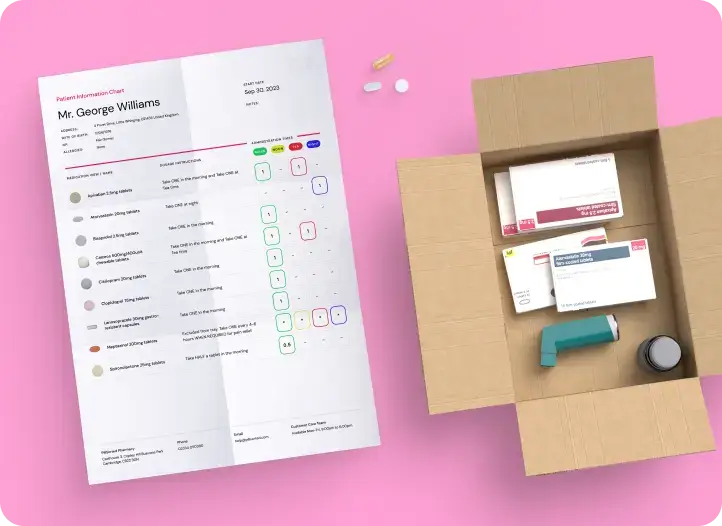
All third-party trademarks (including logos and icons) referenced by PillSorted remain the property of their respective owners. Unless specifically identified as such, PillSorted’s use of third party trademarks does not indicate or imply any relationship, sponsorship or endorsement between PillSorted and the owners of these trademarks.





















